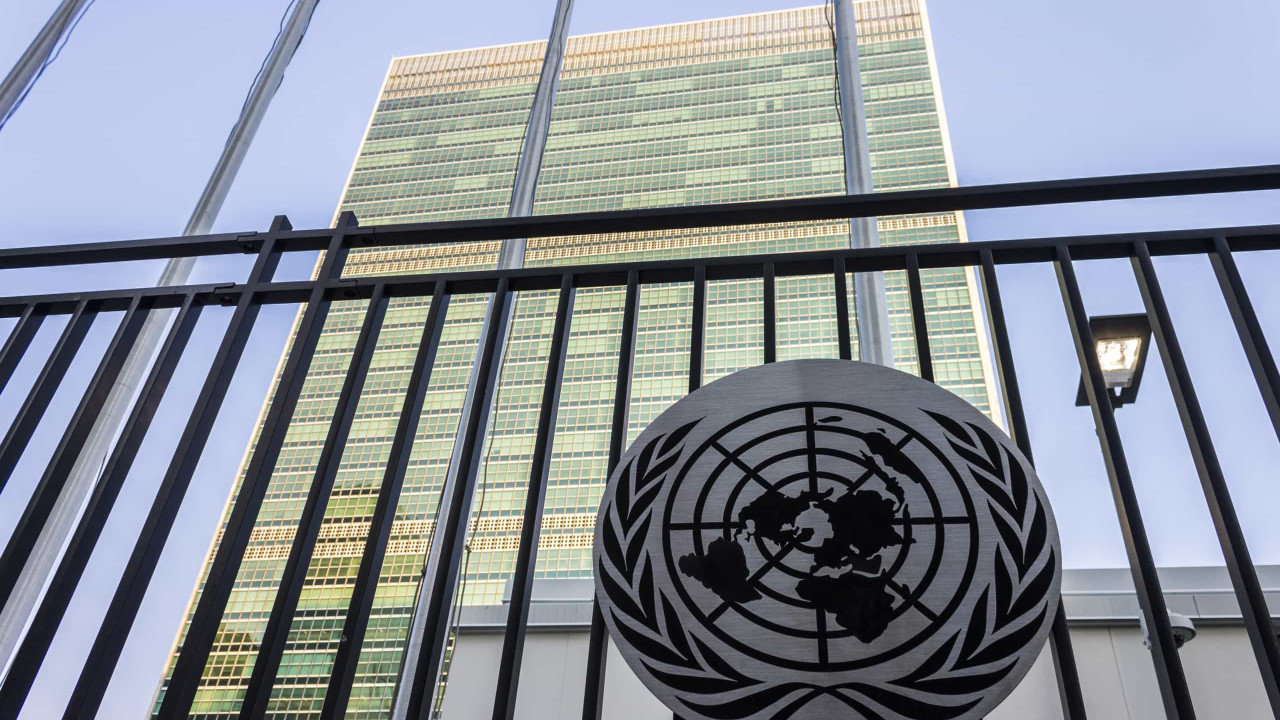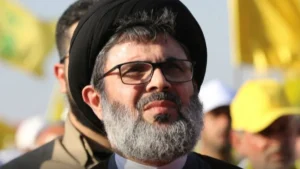
“SIt would be troubling and deeply regrettable for any signatory state to reconsider its ratification of the CTBT,” Floyd warned in a statement.
The executive secretary of the Vienna-based organization (CTBTO) alludes to “recent press reports about the possibility of the Russian Federation revoking its ratification of the CTBT”.
In this context, it recalls that Moscow had until now firmly supported the treaty “since its inception, and helped to negotiate the Treaty at the Conference on Disarmament, and signed it on the day it was opened for signature, on September 24, 1996, to ratify it in June 2000”.
The note assures that Russia continues to play “an important role” in the organization’s work. Among others, it houses “the second largest station segment of the International Surveillance System (32 stations) which, thanks to the dedicated work of Russian employees, will be completed this year.”
“I look forward to continuing to cooperate closely with the Russian Federation and with all states that have committed to creating a world free from nuclear testing,” Floyd stressed.
Although the CTBT has not yet come into force despite having been ratified by 178 countries, the organization created in 1996 to monitor compliance has achieved part of its objectives thanks to the establishment of a verification system that makes it impossible for an atomic explosion to go unnoticed.
To achieve this, the organization has a network of more than 300 land and sea stations spread across the planet that detect ultrasound, radioactivity in the air and seismographic data with such precision that they locate any significant detonation, making it impossible to carry out clandestine tests.
According to Floyd, 32 of the stations are located in Russia.
In an interview with the Spanish agency EFE a year ago, the Australian expert highlighted that the system has already been used to prevent atomic tests, so that until now, in the 21st century, only North Korea has carried them out.
Until 1996, that is, before the creation of the organization he directs, more than two thousand tests with atomic bombs were carried out around the world.
However, for the treaty to enter into force and be binding, it still needs ratifications from eight key countries, including the United States, China, Iran, Israel or Egypt.
Read Also: Russia and the UN will discuss the future of the cereal agreement
All News. By the Minute.
Seventh consecutive year Consumer Choice for Online Press.
Download our free App.

Source: https://www.noticiasaominuto.com/mundo/2415030/onu-alerta-para-possivel-saida-russa-do-tratado-que-veta-testes-nucleares



